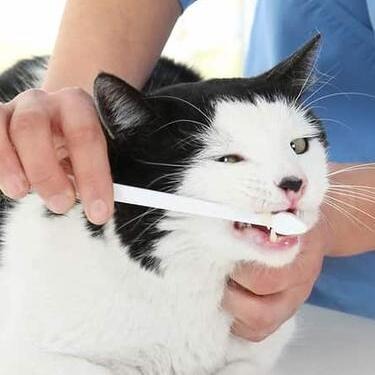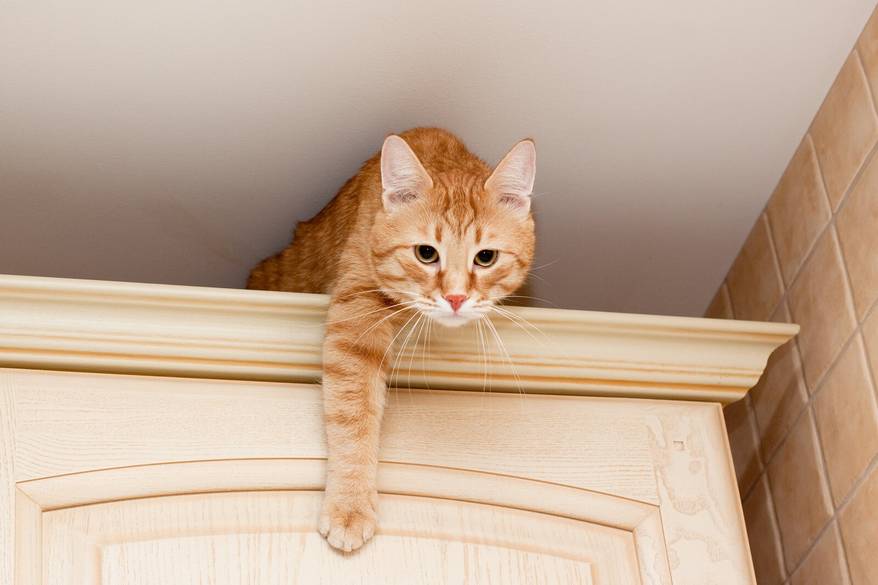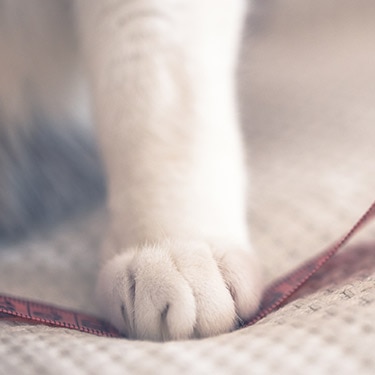
-
Find the right food for your petTake this quiz to see which food may be the best for your furry friend.Find the right food for your petTake this quiz to see which food may be the best for your furry friend.Featured products
 Puppy Lamb Meal & Brown Rice Recipe
Puppy Lamb Meal & Brown Rice RecipeVital nutrients to support 5 essential building blocks for lifelong health
Shop Now Adult Chicken & Barley Recipe Dog Food
Adult Chicken & Barley Recipe Dog FoodSupports lean muscle and beautiful coat for adult dogs
Shop Now Adult Small & Mini Lamb Meal & Brown Rice Recipe Dog Food
Adult Small & Mini Lamb Meal & Brown Rice Recipe Dog FoodFor the faster metabolism of Small & Mini dogs
Shop NowFeatured products Hill's Science Diet Adult Sensitive Stomach & Skin Chicken Recipe Dog Food
Hill's Science Diet Adult Sensitive Stomach & Skin Chicken Recipe Dog FoodHighly digestible recipe, gentle on stomachs. Nourishes skin & promotes a lustrous coat
Shop Now Adult Chicken & Barley Recipe Dog Food
Adult Chicken & Barley Recipe Dog FoodSupports lean muscle and beautiful coat for adult dogs
Shop Now Adult Indoor Chicken Recipe Cat Food
Adult Indoor Chicken Recipe Cat FoodSupports energy level and beautiful fur in indoor cats
Shop Now -
Dog
- Dog Tips & Articles
-
Health Category
- Weight
- Food & Environmental Sensitivities
- Urinary
- Digestive
- Joint
- Kidney
-
Life Stage
- Puppy Nutrition
- Adult Nutrition
- Senior Nutrition
Cat- Cat Tips & Articles
-
Health Category
- Weight
- Skin & Food Sensitivities
- Urinary
- Digestive
- Kidney
-
Life Stage
- Kitten Nutrition
- Adult Nutrition
Featured articles Virtual Vet Visits: What You Need to Know
Virtual Vet Visits: What You Need to KnowLearn the ins and outs of a televet appointment before you talk to a vet online.
Read More Pet Dental Health: What Happens During a Deep Teeth Cleaning?
Pet Dental Health: What Happens During a Deep Teeth Cleaning?Learn about veterinary dental care for your pet, including deep teeth cleaning procedures, which can help your dog or cat maintain proper dental health.
Read More My Pet Ate a Lizard — What Should I Do?
My Pet Ate a Lizard — What Should I Do?Learn what to do if your pet eats a lizard, including whether they can be toxic and symptoms to keep an eye on when they've swallowed one.
Read More -


In a cat's world, nothing is off limits: the inside of boxes, underneath a bed, on top of your keyboard. It's all fair game to a cat that wants to play, rest, hide, or is just plain curious.
That cat privilege extends—in their mind—to perches on the top of your counters, the upper reaches of a bookshelf, and even the top of the refrigerator. After all, cat jumping skills are top-notch. Cats can easily exceed altitudes six times their height. A study in the Journal of Experimental Biology reports that cats are superior jumpers because of the limb length and muscle mass of their back legs. Cats start a jump in a very deep crouch, then lift their front legs before "an explosive extension" of their back legs.
While there is no argument that a cat's jumping ability is impressive, it can also be annoying (and dangerous, as Vetstreet notes cats don't always land on their feet) to have cats regularly leaping to spots in your home that are high above their heads.
How can pet parents keep cats off furniture, shelves, counters, and anywhere else in the home where they don't belong?
Clean off Shelves
Cats are naturally curious. A pen, a set of keys, or a fragile knick-knack can catch their attention and tempt them to jump up to explore this "toy" that has been left for them to find. By keeping shelves clear of clutter, you can also lessen your cat's interest in exploring places you don't want them to go. This can also be beneficial to you as cats are known for knocking things off shelves, and unfortunately they aren't good at handling a broom and dustpan to clean up the mess after themselves.

Keep Food off Kitchen Counters
A cat's sense of smell is much better than yours, so if they smell something tasty, they are likely to jump up to try to sneak a nibble. That can be dangerous for them, depending on what the food is. By keeping counters clear of food and crumbs, you'll discourage your kitty from leaping onto your kitchen counters. If you find that your cat is intensely curious about what you're making for dinner—and won't stay off the counters while you're preparing it—simply shut your cat in another room until the kitchen is clean.
Shut the Blinds
Cats like to jump to window sills to take in the outdoor view. If there's a windowsill that you don't want your cat to use, simply shut the blinds to take away the kitty TV. But make sure you give your cat at least one spot to look outside, as cats enjoy watching the world go by.


Tasty Tips
Give Them an Alternative
A cat jumping condo gives your furry friend a place to jump, exercise, and explore. Keep it interesting for them by rotating the toys, boxes to hide in and even crumpled pieces of paper to bat around. Be imaginative! Cat trees are also an excellent way to let your cats jump and climb to their hearts desire. It's important to note that you shouldn't completely eliminate your cat's ability to jump. It's part of their innate behavior built into their DNA from their ancestors, where they would climb trees to escape predators as well as stalk their prey from high above before pouncing. Providing an approved place for exercise and jumping will also help keep your cat off of other high areas where they might not be welcomed.
Use Double-Sided Tape
Cats hate the feel of double-sided tape on their paws, so it can be a good deterrent for a cat who continues to jump to a place you don't want them to go. If it's a spot you use frequently, attach the double-sided tape to a place mat so it's easily movable.
Understand Their Jumping Behavior
It's true that jumping is coded in your cat's DNA. They are hardwired to enjoy being up high where they are safe, but it is also good as the parent to understand the need to be hidden away from everyone. If you notice your cat jumping up high more frequently or shying back in hard to reach areas like cabinets or the top of a closet it might be because they are stressed or not feeling their best. Because of their ancestral lineage, cats that are sick or injured will hide themselves away to keep out of reach of predators. They might also be trying to get away from some other sort of danger if they feel afraid. It's helpful to understand what they might be fearful of to help remove it from the environment. Slowly, as your cat starts to feel safer, they will come back down to your level and interact more.
Cats are natural jumpers so you shouldn't discourage the behavior altogether. But with a little training, you can teach your cat where not to leap.


Kara Murphy is a freelance writer and pet parent who lives in Erie, Pa. She has a goldendoodle named Maddie.
Related products

Vital nutrients to support 5 essential building blocks for lifelong health

Supports energy level and beautiful fur in indoor cats

Highly digestible recipe, gentle on stomachs. Nourishes skin & promotes a lustrous coat

Supports lean muscle and beautiful coat for adult dogs
Related articles

Discover how to identify cat sensitive skin and what you can do to help your cat thrive from head to paw.

What is the best food for an overweight cat? Learn all about weight control food for cats, including what's in it and how it works.

What is the best food for an overweight cat? Learn all about weight control food for cats, including what's in it and how it works.

How do you get a cat to lose weight? Learn all about cat foods for weight loss, including how to choose weight control cat food and exercise tips.

Put your cat on a diet without them knowing
Our low calorie formula helps you control your cat's weight. It's packed with high-quality protein for building lean muscles, and made with purposeful ingredients for a flavorful, nutritious meal. Clinically proven antioxidants, Vitamin C+E, help promote a healthy immune system.
Put your cat on a diet without them knowing
Our low calorie formula helps you control your cat's weight. It's packed with high-quality protein for building lean muscles, and made with purposeful ingredients for a flavorful, nutritious meal. Clinically proven antioxidants, Vitamin C+E, help promote a healthy immune system.

